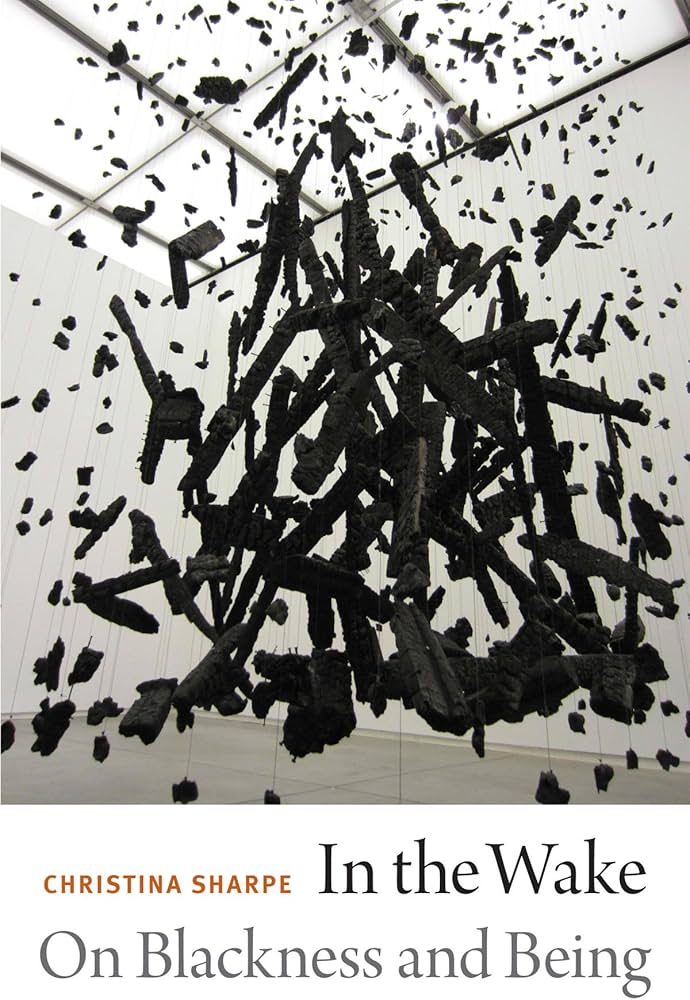There have been studies done on whales that have died and have sunk to the seafloor. These studies show that within a few days the whales bodies are picked almost clean by benthic organisms-those organisms that live on the seafloor. My colleague Anne Gardulski tells me it is most likely that a human body would not make it to the seafloor intact. What happened to the bodies? By which I mean, what happened to the components of their bodies in salt water? Anne Gardulski tells me that because nutrients cycle through the ocean (the process of organisms eating organisms is the cycling of nutrients through the ocean), the atoms of those people who were thrown overboard are out there in the ocean even today. They were eaten, organisms processed by them, and those organisms were in turn eaten and processed, and the cycle continues. Around 90 to 95 percent of the tissues of things that are eaten in the water column get recycled. As Anne told me, 'Nobody dies of old age in the ocean.'
The amount of time it takes for a substance to enter the ocean and then leave the ocean is called residence time. Human blood is salty, and sodium, Gardulski tells me, has a residence time of 260 million years. And what happens to the energy that is produced in the waters? It continues cycling like atoms in residence time. We, Black people, exist in the residence time of the wake, a time in which 'everything is now. It is all now' (Morrison 1987, 198).















